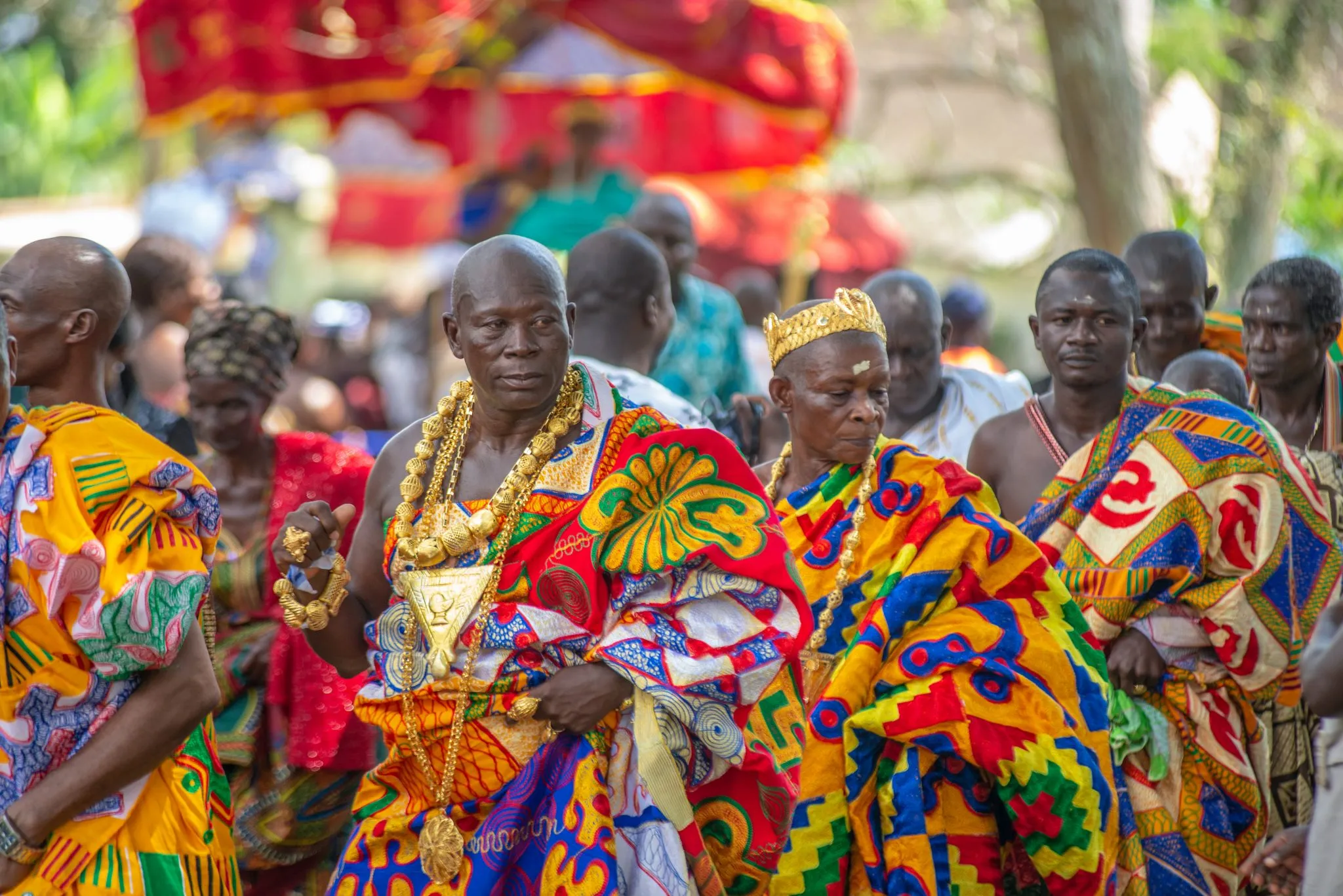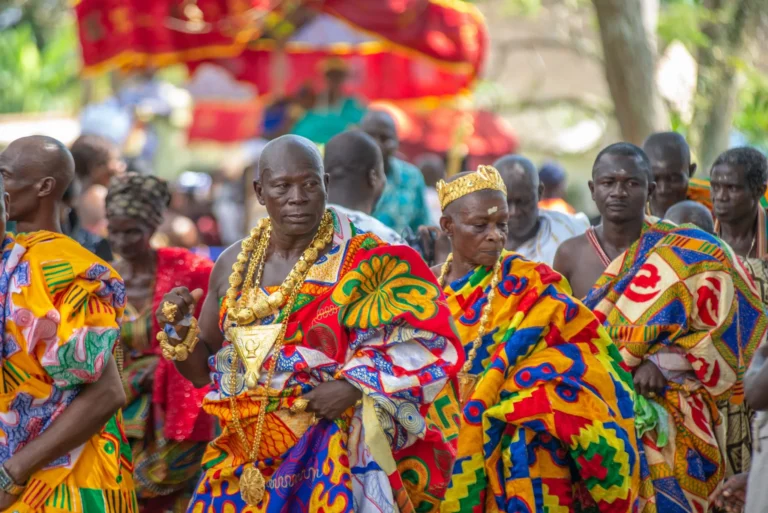Ghana’s world-renowned Kente cloth has officially been granted Geographical Indication (GI) protection, securing its recognition as a unique cultural treasure of Ghana.
The designation means that only cloth produced in Ghana can be marketed internationally as authentic Kente, ensuring the preservation of its cultural heritage while boosting the livelihoods of local weavers and their communities.
What Geographic Indications Are
Geographical Indications are a form of intellectual property that ties a product’s quality, reputation, and uniqueness to its origin.
With this protection, Kente now joins globally celebrated products such as Champagne from France, Tequila from Mexico, and Darjeeling tea from India as globally protected exports.
The official launch of the GI status took place at the La-Palm Royal Beach Hotel in Accra, in an event organised by the Registrar-General’s Department in partnership with the World Intellectual Property Organization (WIPO). .
“This achievement is a culmination of years of effort to secure Kente’s global recognition,” said Richardson Commey Fio, Special Assistant to Ghana’s Minister of Tourism, Culture and Creative Arts. “It was refreshing and nostalgic for me to witness this milestone after seven years of dedicated work.”
The recognition builds on Ghana’s growing international cultural profile, following UNESCO’s inclusion of Kente on its Representative List of Intangible Cultural Heritage in December 2024.
What it Means for Ghana
For Ghana, the GI status does more than protect authenticity; it also expands global market opportunities, enhances the country’s creative economy, and ensures that Kente continues to stand as a powerful symbol of Ghanaian identity and pride.
This global recognition ensures that Kente’s authenticity and heritage remain protected, while opening new opportunities for Ghanaian artisans and weaving communities.
























